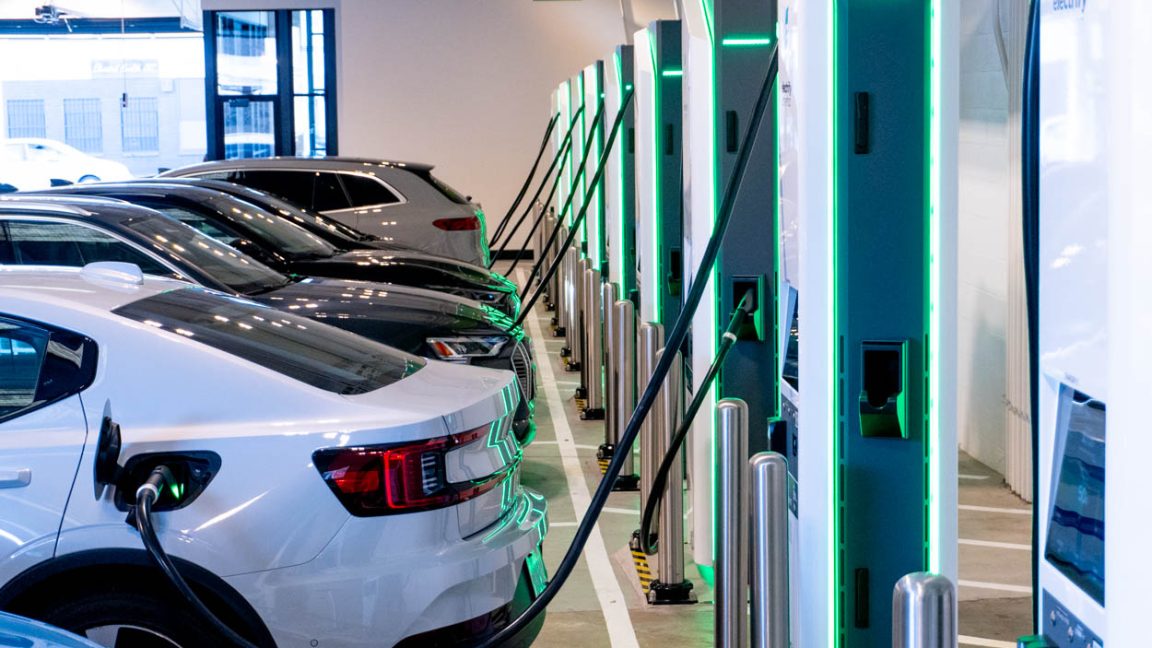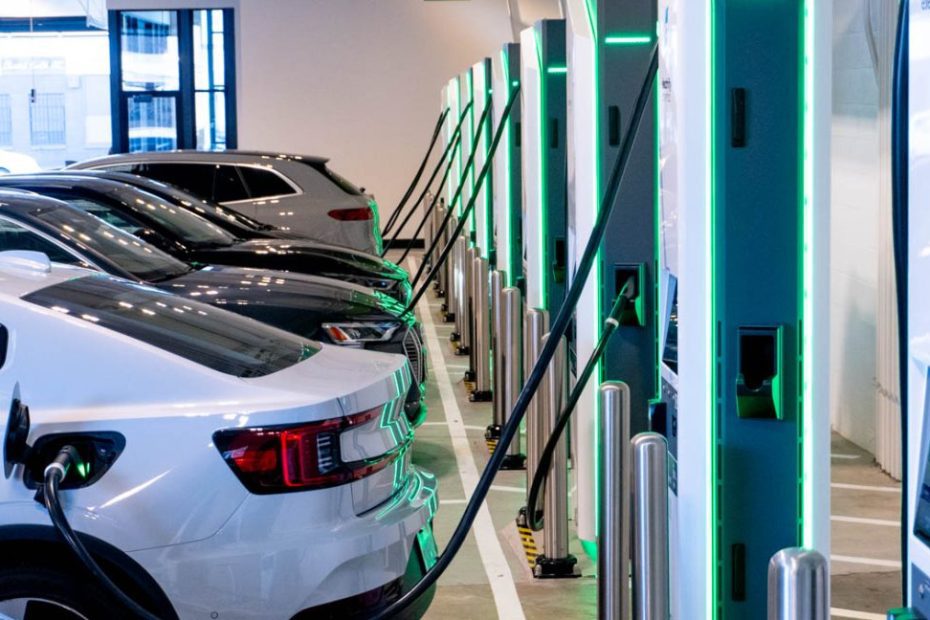
In December, MDOT gave a new call for proposals for building up to 29 extra charging stations on the highway, which expects stable federal support. At the time, senior MDOT officials Inside Climate News told them that they had faith in the safety of the program, because it was authorized under the law.
But Trump's financing break has increased those plans.
“The Maryland Department of Transportation continues with its mandatory NEVI financing and is waiting for new guidelines from the US Department of Transport to promote future financing rounds,” said Carter Elliott, a spokesperson for GOV. Wes Moore, in an e -mail statement.
The Moore administration again confirmed its dedication to EV extension, and called it essential for reducing consumer costs and reducing climate pollution. “Gov. Moore strives to make the state more competitive by continuing with the strategy of the administration to deliver a charging infrastructure for clean cars to drivers throughout the state,” the statement added.
In written comments, a MDOT spokesperson said that the agency determines its options for future financing needs and requests.
Katherine García, director of the clean transport of the Sierra Club for all the program, said that freezing the EV charging funds was a defective and illegal move by the Trump government. “This is an attack on two -part financing that the congress approved years ago and stimulates investment and innovation in every state,” she said.
She said that the NEVI program The US helps to expand the infrastructure that is needed to support the transition to vehicles that do not pollute the air.
The Josh Stebbins of the Sierra Club complained about the slow pace of the EV Charger Buildout in the entire state. “We don't know for sure when the Nevi Chargers of Maryland will be operational,” he said. “States must move faster and accelerate the installation of NEVI stations. It has been frustratingly slow and the audience must see a return on his investment. “
Maryland EV ambitions are high commitment. Transport remains the largest source of greenhouse gas emissions of the state, and officials and lawyers see EV acceptance as crucial to achieve its net-no-out carbon target by 2045. NEVI is also an important plank of the wider zero emission vehicle infrastructure initiative of the state, designed to accelerate the transition from fossil fuels.
What happens afterwards
While the lawsuit is transferred to the break of the Trump administration over NEVI funds, experts such as Turnbull of the Alliance for transport electrification believe that the United States, despite this bump, are on their way to electrification.
“We don't shift to the other way around,” said Turnbull. “The EV market will continue to grow in all market segments that are powered by market innovation and consumer demand, both within the United States and worldwide. By pretending that the EV transition does not exist, this administration risks global competitiveness, national security and economic growth of the US. “

